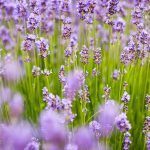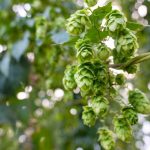Precision farming
Precision farming
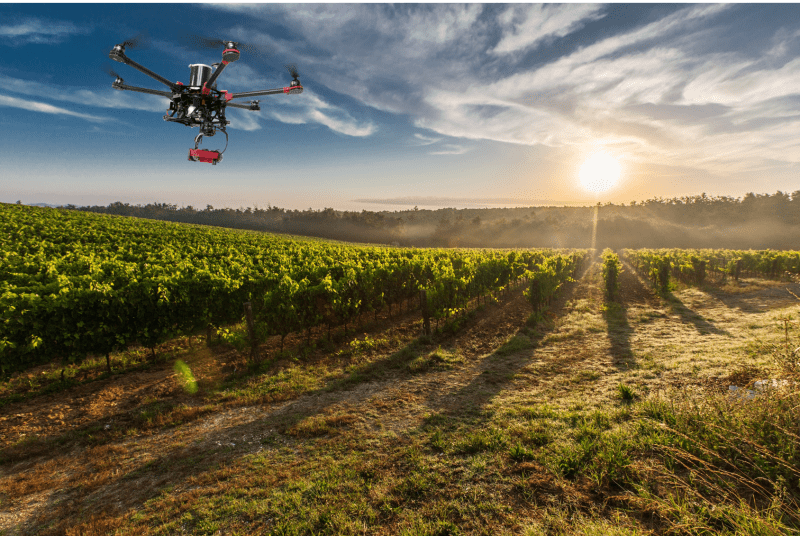
SPECIALIZED DEPARTMENT OF PRECISION AGRICULTURE
One of our branches is specifically dedicated to precision agriculture, whose main objective is to optimize (through the use of drone technology and subsequent data processing) the productivity and quality of its customers’ crops.
Our company is certified and approved as a drone operator by AESA (State Aviation Safety Agency) and has an expert team of pilots and agricultural engineers, to provide a top quality service.
WHAT DO WE ACHIEVE WITH THE DRON TECHNOLOGY?
With drone technology and the reports generated from it, what we achieve is to support decision-making by giving very precise guidance on the current state of the crops. When carrying out agricultural treatments, this tool will allow us to act only on those places where it is really necessary. Achieving in this way an improvement in the yield and quality of the crops, as well as a decrease in the consumption of inputs.
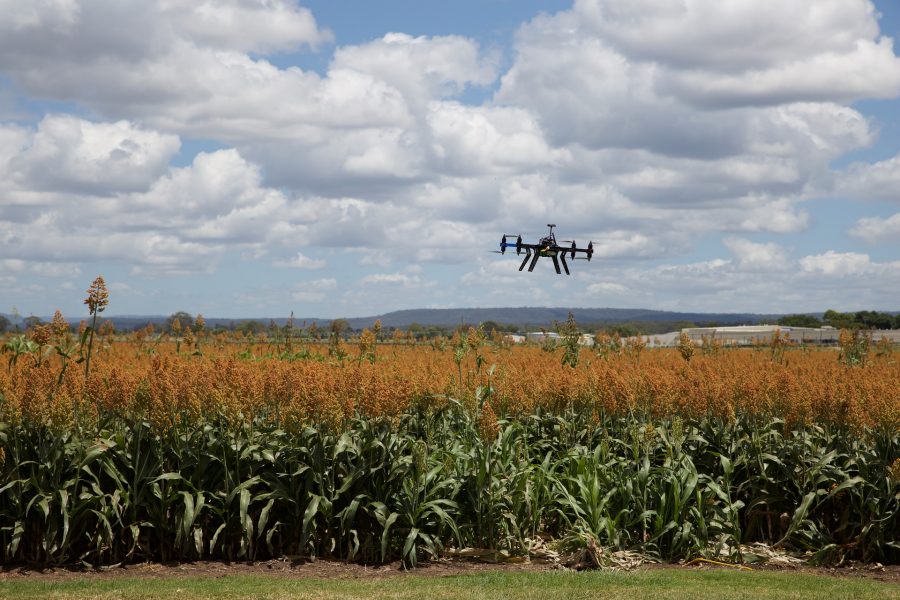
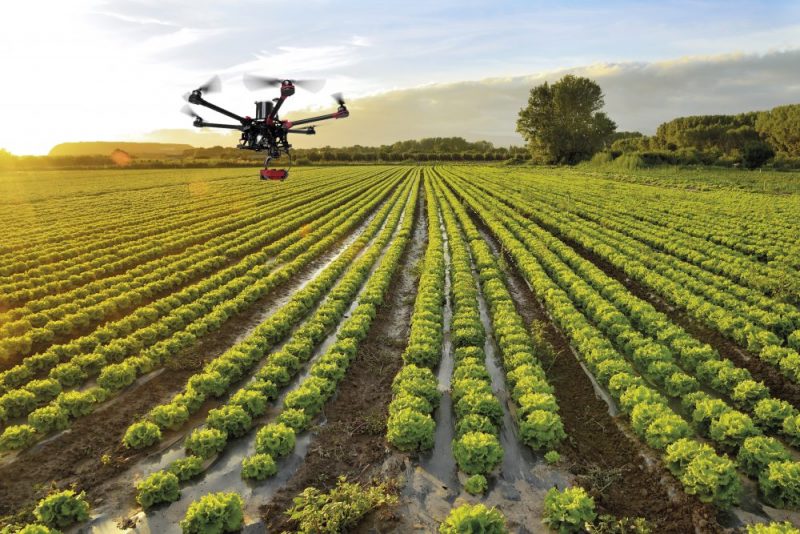
WATER NEEDS
Knowing the real state of the crop helps us to make very precise irrigation recommendations. In this way, the problems derived from an insufficient application of water in areas that present hydric stress are minimized and the application of water in areas with little need is optimized. The system adjusts the necessary water application to the real needs of the plant and to the available water concession.
PLANT PATHOGENS ALERT
With the flights, it is possible to detect phytopathogen alert foci, in this way localized treatments can be applied, which reduce the percentage of affectation of the plot and therefore manage to keep potential foci of crop damage under control.
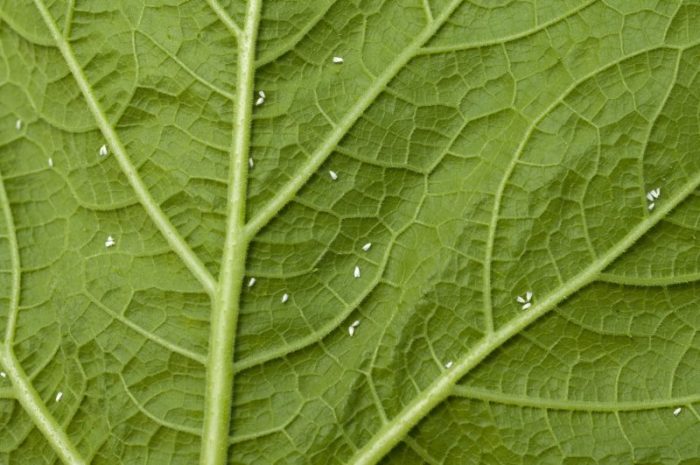
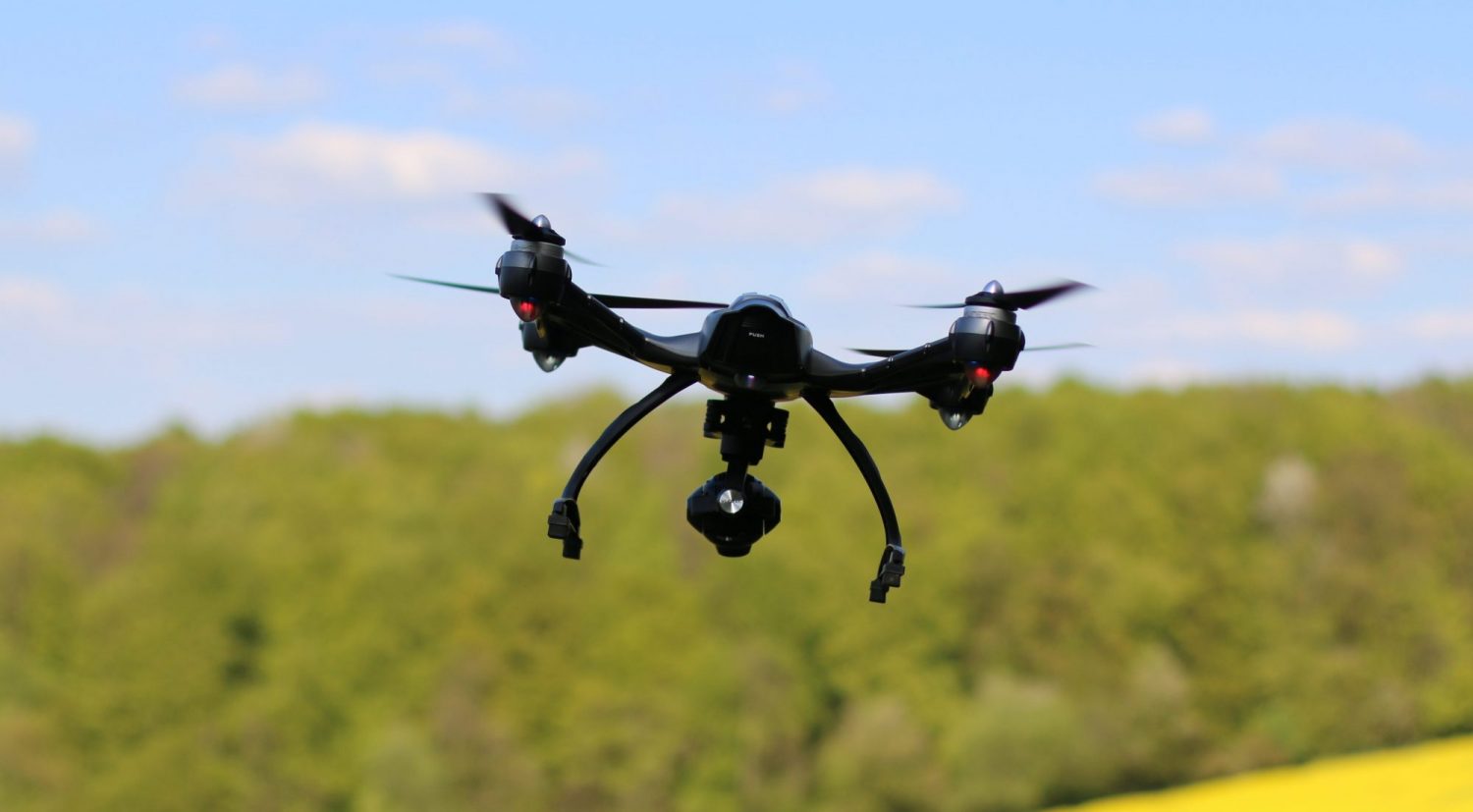
DEVELOPMENT OF FERTILIZATION PLANS
Thanks to the technology we have with drones and multispectral cameras, we obtain all the necessary data to make fertilization recommendations. These will always be optimized according to the crop and its extraction coefficient. With the drones we obtain data on foliar nitrogen at the time of the flight and extrapolating we obtain the fertilizer needs of the plant. Always attending to the current state of the crop and whenever possible, to a history that allows us to fine-tune our recommendations even more.

